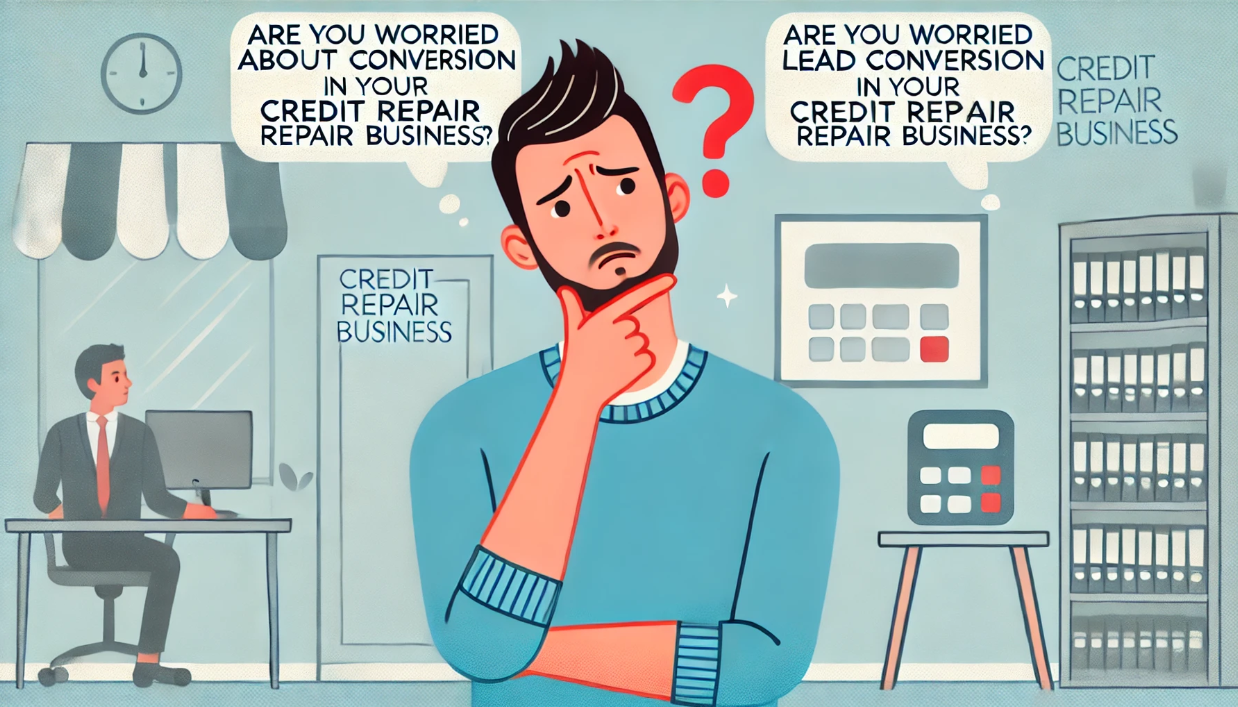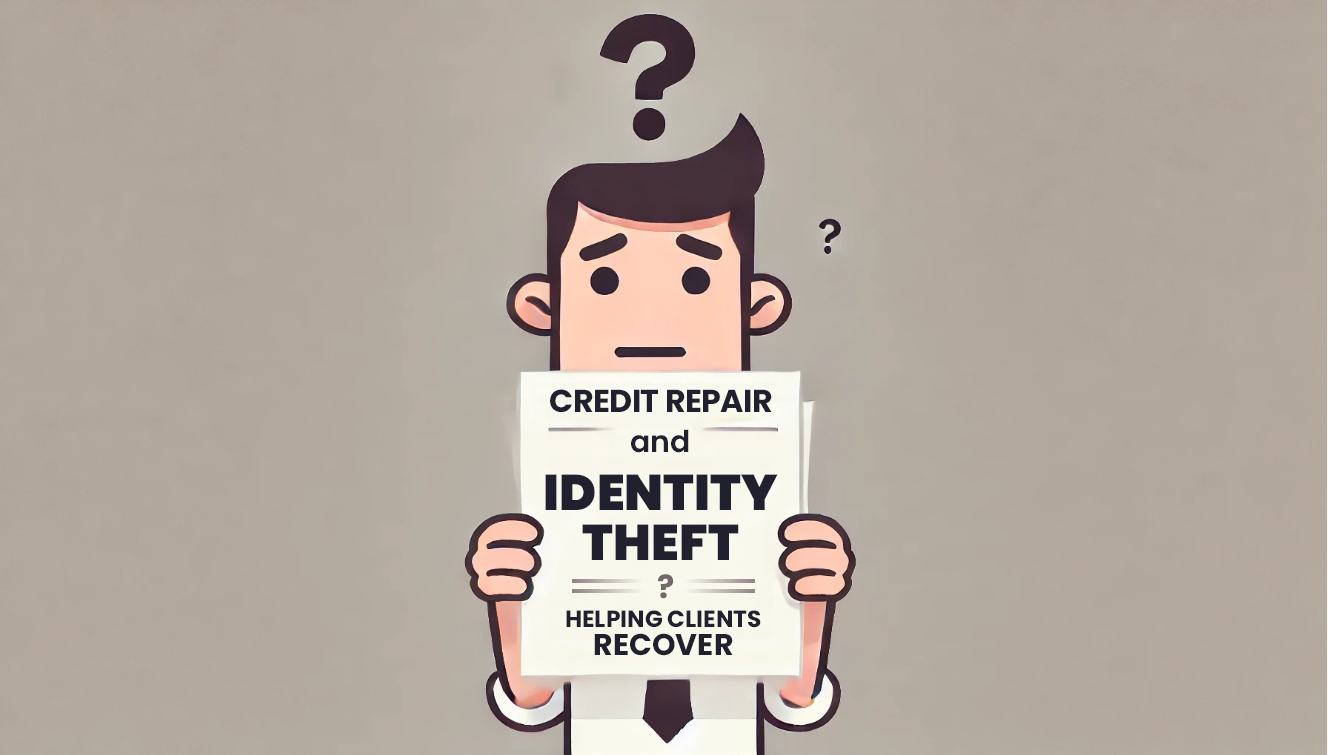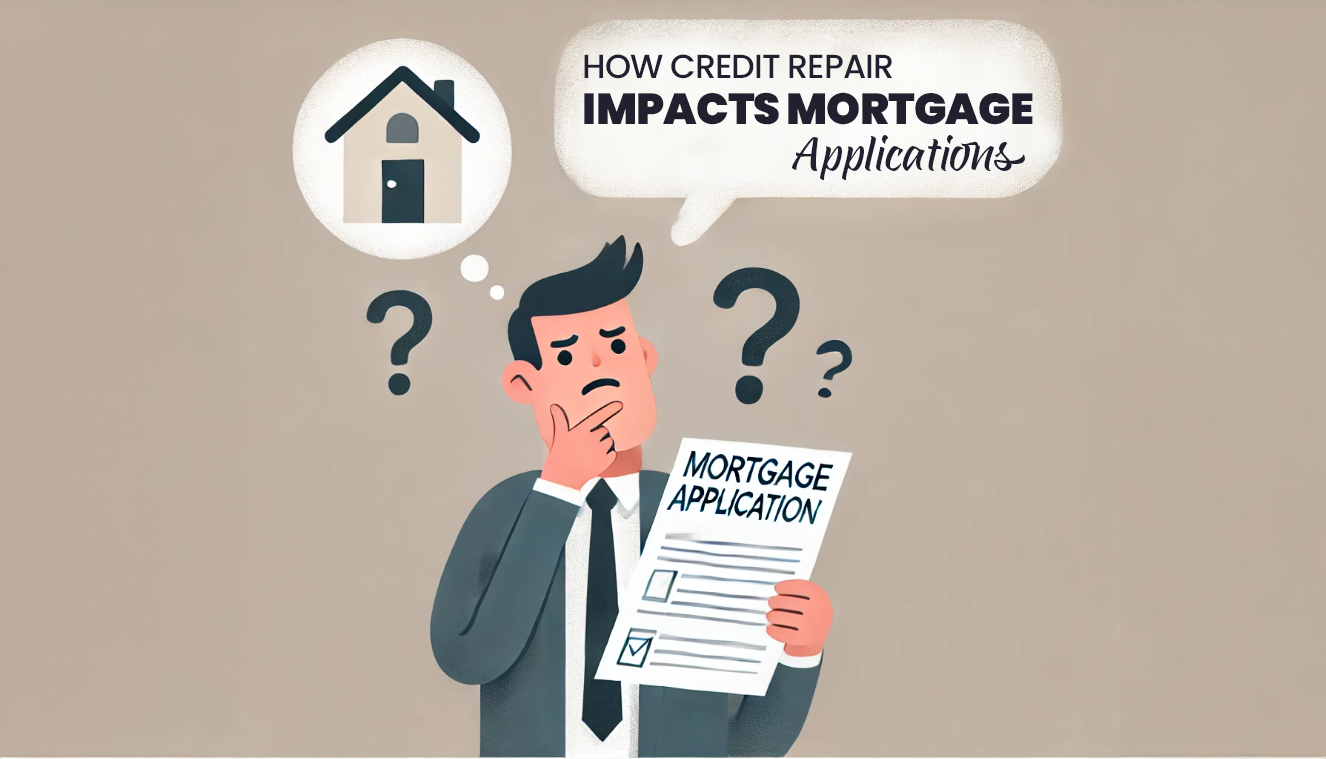Ethical Considerations in the Credit Repair Industry
The credit repair industry is crucial in helping individuals improve their credit scores and achieve financial stability. However, credit repair businesses need to operate with integrity and adhere to ethical standards.
This blog will explore the ethical considerations that credit repair businesses should prioritize, including transparency, honesty, client confidentiality, credit repair dispute processing, and continuous education. By understanding and implementing these principles, credit repair businesses can build trust with their clients and contribute to the overall credibility of the industry.
Transparency: Building Trust through Openness
Transparency is a fundamental aspect of ethical credit repair practices. Credit repair businesses can establish trust and credibility by providing clients with clear and comprehensive information. Here are key points to consider:
-
Clear and Accurate Disclosures
To build client trust, credit repair businesses should communicate the services offered, pricing structures, and any potential limitations or risks. This can be achieved by transparently providing detailed information. Credit repair businesses can foster a sense of openness and honesty by ensuring that all terms and conditions are presented in a manner that clients easily understand.
-
Detailed Process Explanations
Educating clients about the credit repair process is crucial for ethical business practices. Credit repair businesses should clearly explain the steps, timelines, and realistic expectations. Credit repair businesses can manage client expectations and promote transparency by providing accurate information on the factors that influence credit scores and the possibility of success.
-
No False Promises
Ethical credit repair businesses avoid making unrealistic guarantees or promises of specific credit score improvements. Instead, they provide clients with accurate information on credit repair efforts’ limitations and potential outcomes. Credit repair businesses can establish trust and credibility by setting realistic expectations and managing client perspectives.
Honesty: Ethical Practices in Credit Repair
Maintaining honesty in all aspects of credit repair operations is vital for long-term success. Credit repair businesses should prioritize the following ethical considerations:
-
Accurate Representation of Services
Ethical credit repair businesses clearly define the services’ scope and ensure they align with what can be realistically achieved. Businesses can establish trust and credibility by avoiding misrepresentation or exaggeration of the impact credit repair can have on a client’s credit profile.
-
Truthful Communication
Ethical credit repair businesses provide clients with honest updates on their credit repair progress. This includes sharing any challenges or setbacks encountered along the way. By promptly informing clients of any changes or developments that may affect their credit repair journey, businesses can maintain open lines of communication and foster trust.
-
Compliance with Regulations
Adhering to applicable laws and regulations is crucial for ethical credit repair practices. Credit repair businesses should stay informed about industry regulations, such as the Credit Repair Organizations Act (CROA) or the Fair Credit Reporting Act in the United States. Businesses can operate ethically and protect their client’s interests by ensuring compliance with legal requirements, including proper documentation and data privacy regulations.
Client Confidentiality: Safeguarding Sensitive Information
Maintaining the confidentiality of client information is of utmost importance in the credit repair industry. Clients trust credit repair businesses with their personal and financial data, and it is essential to protect their privacy. Here are key points to consider:
-
Secure Data Management
Ethical credit repair businesses implement robust security measures to safeguard client data using a credit repair CRM software. This includes encryption, secure servers, and access controls to protect sensitive information. Regularly updating software and systems helps mitigate potential security vulnerabilities and ensure the safety of client data.
-
Confidentiality Agreements
Establishing confidentiality agreements with employees, contractors, and any third parties involved in credit repair processes is crucial. Communicate the importance of maintaining client confidentiality and the consequences of breaches. Credit repair businesses can uphold ethical standards and protect client information by emphasizing the significance of confidentiality and implementing necessary agreements.
-
Responsible Data Disposal
Ethical credit repair businesses are responsible for the proper disposal of client data. This involves adhering to applicable laws and regulations regarding data disposal. Physical and digital records containing sensitive information should be securely deleted or shredded to prevent unauthorized access or misuse.
Credit Repair Dispute Processing: Ensuring Fair and Ethical Practices
Credit repair dispute processing is a critical aspect of the industry, where ethical considerations play a significant role. Here are key points to consider:
-
Thorough Investigation
Ethical credit repair businesses conduct a diligent and thorough investigation of clients’ credit reports to identify inaccuracies, errors, or misleading information. By investing time and effort into comprehensive research, businesses can ensure that disputes are based on valid claims and have a higher chance of success.
-
Honest Documentation
In the credit repair process, it is essential to provide honest and accurate documentation and evidence to support disputes. Ethical businesses avoid creating or submitting false documents or misleading information. By maintaining honesty and integrity in documentation, credit repair businesses can build credibility and trust with clients.
-
Compliance with Credit Bureaus
Ethical credit repair businesses adhere to the guidelines and regulations set by credit bureaus like Experian, Equifax, and TransUnion regarding dispute processing. This includes following the prescribed procedures, timelines, and requirements. Staying with credit bureau regulations, businesses are committed to fair and ethical practices.
Credit Repair Business Education: Empowering Ethical Practices
Educating credit repair business owners and professionals on ethical practices is essential for maintaining integrity within the industry. Here’s why credit repair business education matters:
-
Professional Training and Certification
Pursuing professional training and certifications related to credit repair industry standards and ethical practices is highly beneficial. These programs provide the knowledge and skills necessary for ethical decision-making, client communication, and data protection. By investing in professional development, credit repair businesses can enhance their expertise while upholding ethical standards.
-
Ethical Decision-Making
Building a culture of ethical decision-making within the credit repair business is essential. Training employees to prioritize honesty, transparency, client confidentiality, and compliance with regulations ensures that ethical considerations are at the core of all business activities. By promoting ethical decision-making, credit repair businesses can build a reputation for integrity and attract loyal clients.
Conclusion:
Ethical considerations are of utmost importance in the credit repair industry. By prioritizing transparency, honesty, client confidentiality, credit repair dispute processing, and continuous education, as well as using a credit repair software, credit repair businesses can differentiate themselves and contribute to the overall integrity of the industry.
Upholding ethical practices benefits individual businesses and fosters a positive reputation for the credit repair industry. By operating with integrity and putting clients’ best interests first, credit repair businesses can build trust, establish long-term relationships, and positively impact individuals’ financial well-being.
References:
Fair Credit Reporting Act – https://www.ftc.gov/legal-library/browse/statutes/fair-credit-reporting-act
Credit Repair Organization Act – https://www.ftc.gov/legal-library/browse/statutes/credit-repair-organizations-act
ScoreCEO – https://www.scoreceo.com/
ScoreInc – https://www.scoreinc.com/
ScoreWayU – https://scoreway.leadpages.co/scoreway-u-free-access/
Experian – www.experian.com
TransUnion – www.transunion.com
Equifax – www.equifax.com
Comments are closed.





